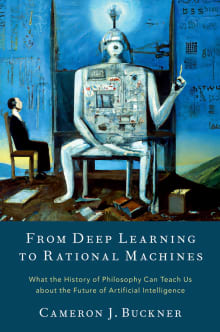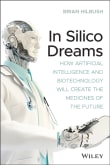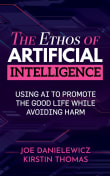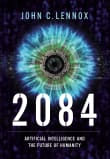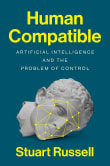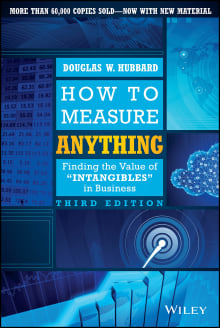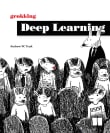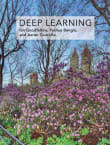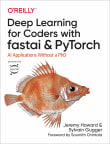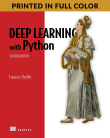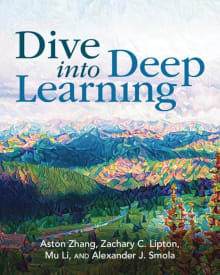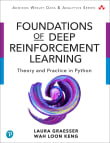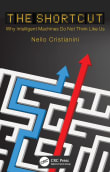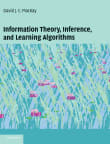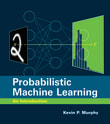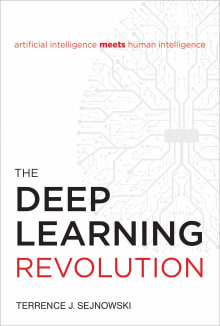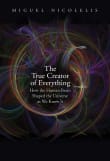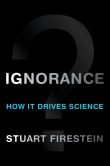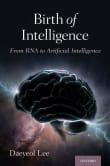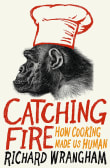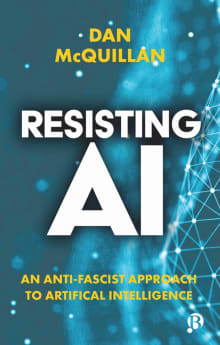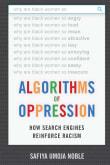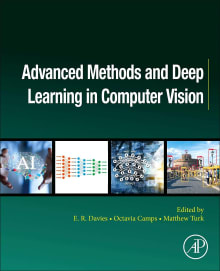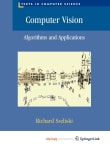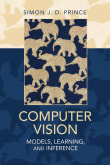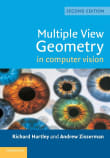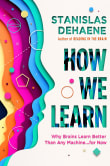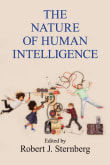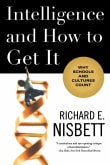
From my list on groundbreaking books on the future of AI.
Why are we passionate about this?
Coming from two very different backgrounds gives Dean and I a unique ‘view’ of a topic that we are both hugely passionate about: artificial intelligence. Our work together has gifted us a broader perspective in terms of understanding the development of and the philosophy beneath what is coined as artificial intelligence today and where we truly stand in terms of its potential for good – and evil. Our book list is intended to provide a great starting point from where you can jump into this incredibly absorbing topic and draw your own conclusions about where the future might take us.
Dean's book list on groundbreaking books on the future of AI

Why did Dean love this book?
Don't be fooled by the lack of a breezy narrative. This read is a dense exploration of deep learning's impact and is certainly not an ‘easy read’ by any measure, but its rewards are substantial.
Buckner delves deep into the philosophical debates surrounding AI, particularly the clash between empiricism and rationalism. Through this lens, he develops a "moderate empiricism" that sheds light on the true potential and limitations of AI. While the book demands focus, we found the payoff to be significant.
1 author picked From Deep Learning to Rational Machines as one of their favorite books, and they share why you should read it.
This book provides a framework for thinking about foundational philosophical questions surrounding the use of deep artificial neural networks ("deep learning") to achieve artificial intelligence. Specifically, it links recent breakthroughs to classic works in empiricist philosophy of mind. In recent assessments of deep learning's potential, scientists have cited historical figures from the philosophical debate between nativism and empiricism, which concerns the origins of abstract knowledge. These empiricists were faculty psychologists; that is, they argued that the extraction of abstract knowledge from experience involves the active engagement of psychological faculties such as perception, memory, imagination, attention, and empathy. This book explains…





